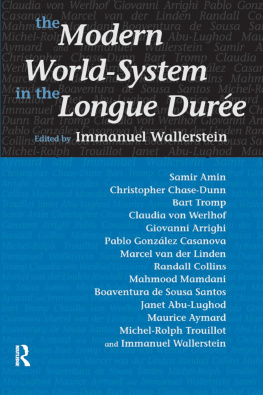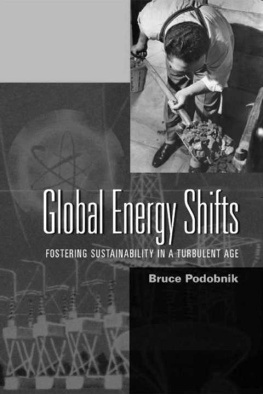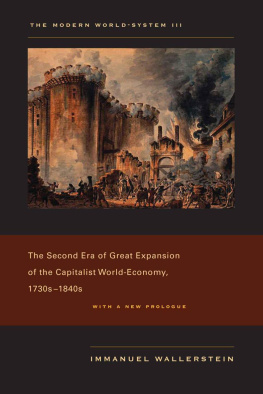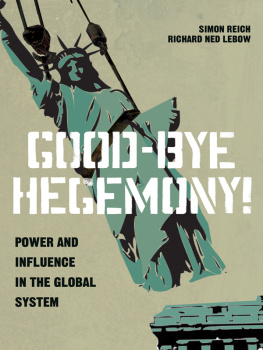The World-System as Unit of Analysis
World-system analyses have recast the study of between- and within-nation country inequality as constituent aspects of a single field of inquiry: the study of inequality and social stratification as processes that always have been global in their very essence. World-system analyses maintain that global social stratification pivots around institutional arrangements that render distributional outcomes as simultaneously national, gendered, racialized, and global processes.
This book takes stock of some of the enduring theoretical and empirical contributions of a world-system perspective, and identifies promising directions for future inquiry and discussion. Some chapters reassess the scope and methodologies of world-system analysis around several key problems (e.g., the spatial and temporal boundaries of global commodity chains, the construction and challenge of various dimensions of social inequality, systemic, and antisystemic social movements). Others take stock of areas in which world-systems are promoting methodological innovation and/or generating useful global data, and identify questions that demand additional methodological and empirical attention for future research.
In different ways, this book help us to critically reconsider some of the enduring legacies within a world-system perspective (such as Karl Polanyis concept of the double movement, or the distinction drawn by Giovanni Arrighi and Immanuel Wallerstein between systemic and antisystemic movements). As argued by many of the authors in this book, a world-historical approach calls for greater sensitivity to the manifold ways in which conceptual boundaries change over time and space. Taking seriously the issue of unit of analysis, this book explores critically productive ways for better understanding global patterns of continuity and change.
Roberto Patricio Korzeniewicz is Professor and Chair of Sociology at the University of Maryland, College Park (USA). His book Unveiling Inequality (New York University Press, 2009), co-written with Timothy P. Moran, won the 2010 Best Book Award of the Political Economy of the World-System section of the American Sociological Association. His current research focuses on global patterns of income inequality, social stratification, and mobility.
Political Economy of the World-System Annuals
Immanuel Wallerstein, Series Editor
Globalization, Hegemony & Power: Antisystemic Movements and the Global System
Edited by Thomas Reifer (2004)
Allies as Rivals: The U.S., Europe, and Japan in a Changing World-System
Edited by Faruk Tabak (2005)
Hegemonic Decline: Present and Past
Edited by Jonathan Friedman, Christopher Chase-Dunn (2005)
Latino/as in the World-System: Decolonization Struggles in the 21st Century U.S. Empire
Edited by Ramon Grosfoguel, Nelson Maldonado-Torres, Jose David Saldivar (2005)
Islam and the Orientalist World-System
Edited by Khaldoun Samman, Mazhar Al-Zoby (2008)
Asia and the Transformation of the World-System
Edited by Ganesh K. Trichur (2009)
Mass Migration in the World-System: Past, Present, and Future
Edited by Terry-Ann Jones, Eric Mielants (2010)
Global Crises and the Challenges of the 21st Century
Edited by Thomas Reifer (2012)
Overcoming Global Inequalities
Edited by Immanuel Wallerstein, Christopher Chase-Dunn, Christian Suter (2014)
Social Movements and World-System Transformation
Edited by Jackie Smith, Michael Goodhart, Patrick Manning, John Markoff (2016)
The World-System as Unit of Analysis
Edited by Roberto Patricio Korzeniewicz (2017)
Global Inequalities in World-Systems Perspective
Edited by Manuela Boatc, Andrea Komlosy, Hans-Heinrich (2017)







